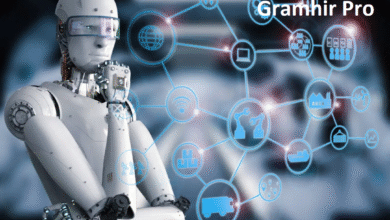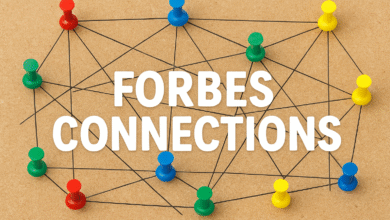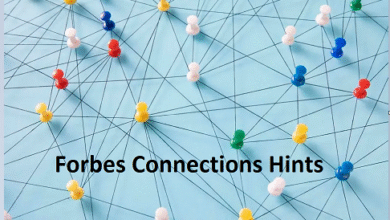Timewarp TaskUs: Everything You Need to Know About This Innovative Workplace Culture
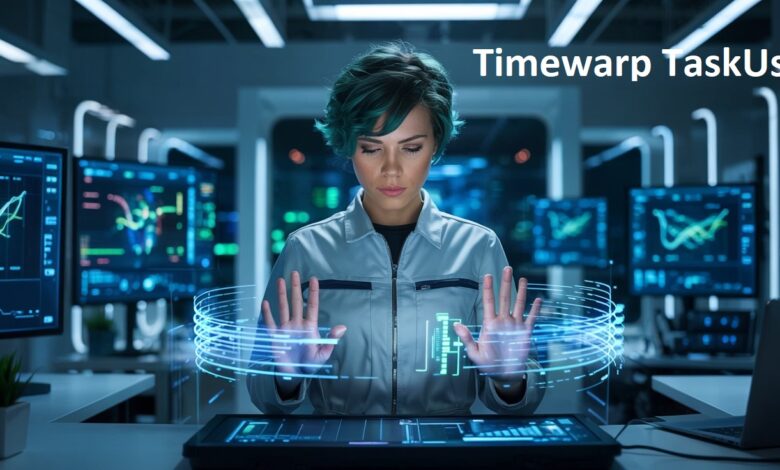
Introduction: What Exactly Is Timewarp TaskUs?
When people first hear the phrase “Timewarp TaskUs”, they might assume it’s some sort of sci-fi experiment or a futuristic productivity tool. In reality, it’s neither. Timewarp is a signature engagement program at TaskUs, a global outsourcing and digital services company that has become well known for its unconventional workplace culture. Rather than being a piece of technology or an app, Timewarp is designed to bring employees together, promote creativity, and boost morale through themed events and activities.
At its core, Timewarp is about stepping out of the ordinary routine and immersing employees in experiences that feel fresh, fun, and energizing. Think of it as a company-wide celebration that mixes elements of entertainment, personal expression, and team bonding—all rolled into one. Unlike traditional corporate events that can feel forced or dull, Timewarp reflects TaskUs’s philosophy that work should be enjoyable, human-centered, and even a little quirky.
The idea has gained attention not only among TaskUs employees but also in the broader business community. Companies often struggle to maintain employee engagement, especially in industries like customer support and outsourcing. Timewarp, however, shows that creating a vibrant company culture doesn’t just improve morale—it also directly impacts performance and retention.
The Origins of TaskUs and the Birth of Timewarp
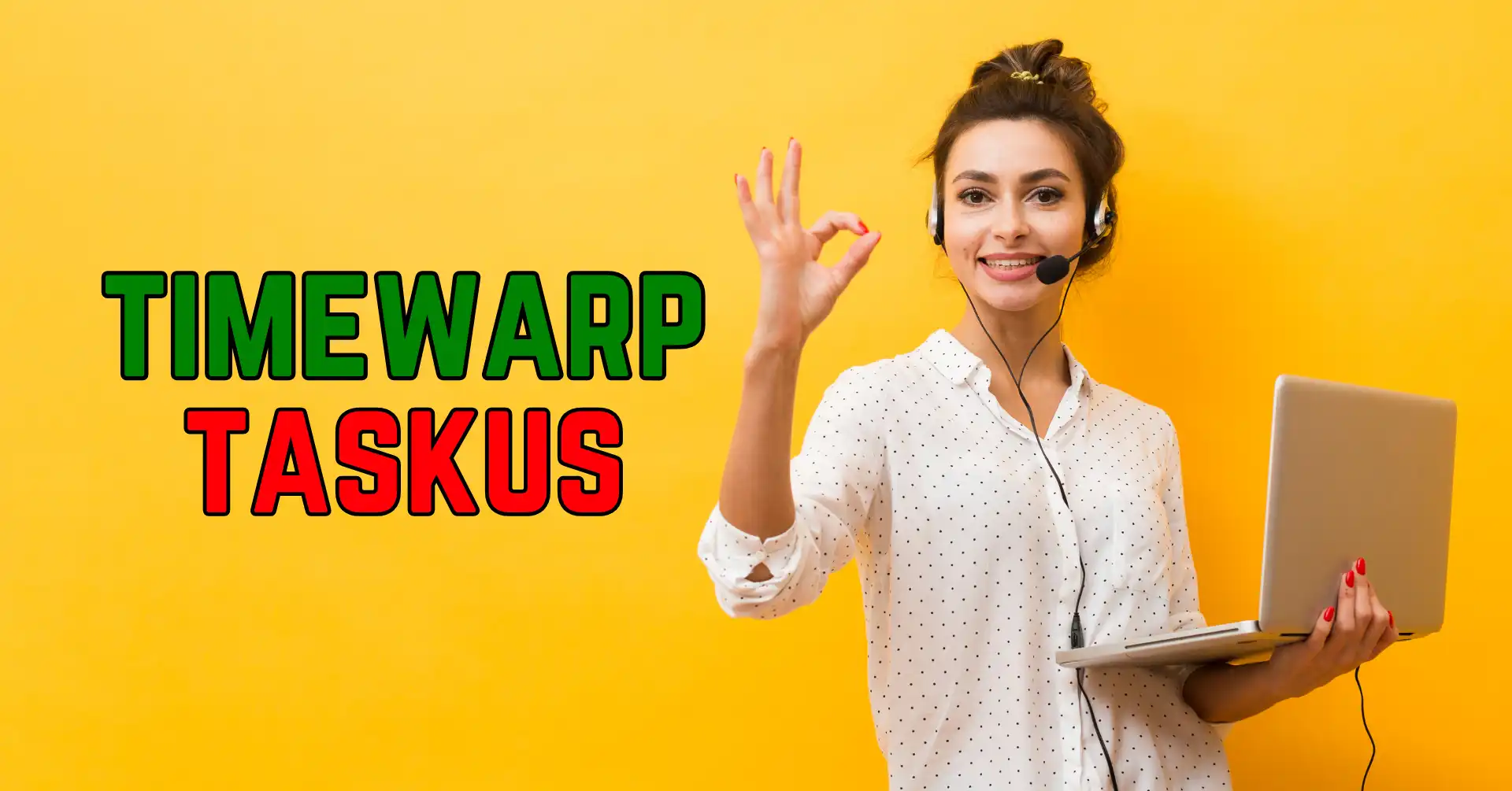
To understand Timewarp TaskUs, it helps to first know a little about TaskUs as a company. Founded in 2008, TaskUs began as a small outsourcing provider with a mission to help startups scale customer support services. Over time, it grew into a global powerhouse with thousands of employees spread across the U.S., the Philippines, India, Mexico, and other locations. What set TaskUs apart was not just its services, but its culture—one that embraced youthfulness, creativity, and a “people-first” mindset.
Timewarp emerged as part of this cultural DNA. TaskUs leadership recognized early on that employee happiness is not a luxury but a necessity. The outsourcing industry can be challenging, with high-pressure environments and repetitive tasks. To combat burnout and create a sense of belonging, TaskUs introduced unique programs that celebrated individuality and fun. Among these, Timewarp became a flagship initiative.
Instead of sticking to standard employee engagement events, TaskUs asked: What if we made these experiences unforgettable? That’s how Timewarp was born—a recurring themed celebration where employees dress up, decorate their spaces, and participate in activities that transport them to “another time.” It could be the roaring ‘20s one month, the funky disco era the next, or even a futuristic, sci-fi-inspired theme.
What Happens During a Timewarp Event?
A Timewarp TaskUs event isn’t just a day at the office—it’s a full-blown transformation. Employees are encouraged to step into the theme, whether it’s by dressing in costumes, decorating workspaces, or engaging in themed competitions. These events often include:
- Costume parades and contests where teams showcase their creativity.
- Decor competitions that turn entire floors into immersive, themed environments.
- Performances, music, and dance numbers that break up the monotony of the workday.
- Team-building activities and games designed to encourage collaboration.
The result is a workplace that feels alive and exciting. Employees don’t just show up to do their jobs—they come to participate in an experience. This kind of cultural event creates memories that employees carry with them long after the workday ends.
Timewarp TaskUs also reflects inclusivity. Everyone, from entry-level employees to top executives, gets involved. The culture is less about hierarchy and more about shared enjoyment. That’s part of what makes TaskUs stand out in the outsourcing world—where rigid structures are often the norm, TaskUs thrives on openness and creativity.
Why Timewarp Matters for Employee Engagement
Many companies talk about employee engagement, but few truly deliver. What makes Timewarp TaskUs effective is that it taps into human psychology. When employees feel valued and energized, they are more likely to be motivated, loyal, and productive. Timewarp is a direct expression of this principle.
Instead of treating work as a purely transactional exchange of labor for wages, TaskUs treats employees as whole people with creativity, personalities, and emotions. By offering opportunities for fun and self-expression, the company ensures that employees don’t just work harder—they work happier.
There’s also a practical business benefit. Outsourcing can be a high-turnover industry, but programs like Timewarp help reduce attrition. Employees who feel connected to their workplace culture are less likely to leave, which saves companies both time and money. Additionally, when employees are engaged, they deliver better service to clients—a win-win for everyone.
Timewarp as a Reflection of TaskUs Culture
The success of Timewarp TaskUs isn’t accidental—it reflects the broader culture that TaskUs has intentionally built. The company is known for being unconventional, often rejecting the stiff, corporate vibe that many outsourcing firms adopt. Instead, TaskUs embraces bright colors, playful office designs, and bold cultural events like Timewarp.
In many ways, Timewarp is symbolic of TaskUs’s philosophy: that work doesn’t have to feel like drudgery. Employees are encouraged to bring their authentic selves to the job. Creativity isn’t just allowed—it’s celebrated. The result is a culture that’s attractive to younger generations of workers who value authenticity, inclusivity, and fun in the workplace.
This approach also aligns with modern trends in the workforce. Millennials and Gen Z employees, in particular, want more than just a paycheck. They look for meaning, community, and engagement in their work environment. By fostering these qualities through Timewarp and similar initiatives, TaskUs has positioned itself as a forward-thinking employer.
The Broader Impact of Timewarp on Company Branding
Timewarp TaskUs does more than engage employees—it strengthens TaskUs’s brand identity. Clients and potential hires see these events and understand that TaskUs is not a typical outsourcing provider. The creativity and energy displayed in Timewarp reflect the same values that TaskUs brings to its client partnerships: innovation, flexibility, and a human-first approach.
For job seekers, seeing videos or photos of Timewarp events can be a deciding factor in choosing TaskUs over another employer. It signals that the company values employee well-being and is willing to invest in creating a dynamic workplace. For clients, it reassures them that the employees handling their accounts are motivated and happy, which ultimately translates into better service.
In an industry where many companies struggle to differentiate themselves, Timewarp TaskUs is both a cultural and branding advantage. It sends a clear message: TaskUs is different, and that difference is intentional.
Conclusion: The Lasting Legacy of Timewarp TaskUs
At first glance, Timewarp TaskUs might look like just another company event. But when you look deeper, it’s clear that Timewarp represents something bigger. It’s a cultural cornerstone that highlights TaskUs’s commitment to people, creativity, and engagement.
By allowing employees to escape the routine and step into themed worlds of fun, TaskUs has created more than just a workplace perk. It has built a tradition that unites teams, fosters loyalty, and reinforces the company’s identity as an innovative, people-first organization.
In a world where work often feels overwhelming and impersonal, Timewarp TaskUs stands out as proof that companies can—and should—make space for joy. For TaskUs, it’s not just about boosting morale for a day. It’s about cultivating a long-term culture where employees thrive.
So, the next time you hear “Timewarp TaskUs,” don’t think of science fiction. Think of a company that has mastered the art of combining work and play—and in doing so, created a workplace culture that others can only aspire to.
